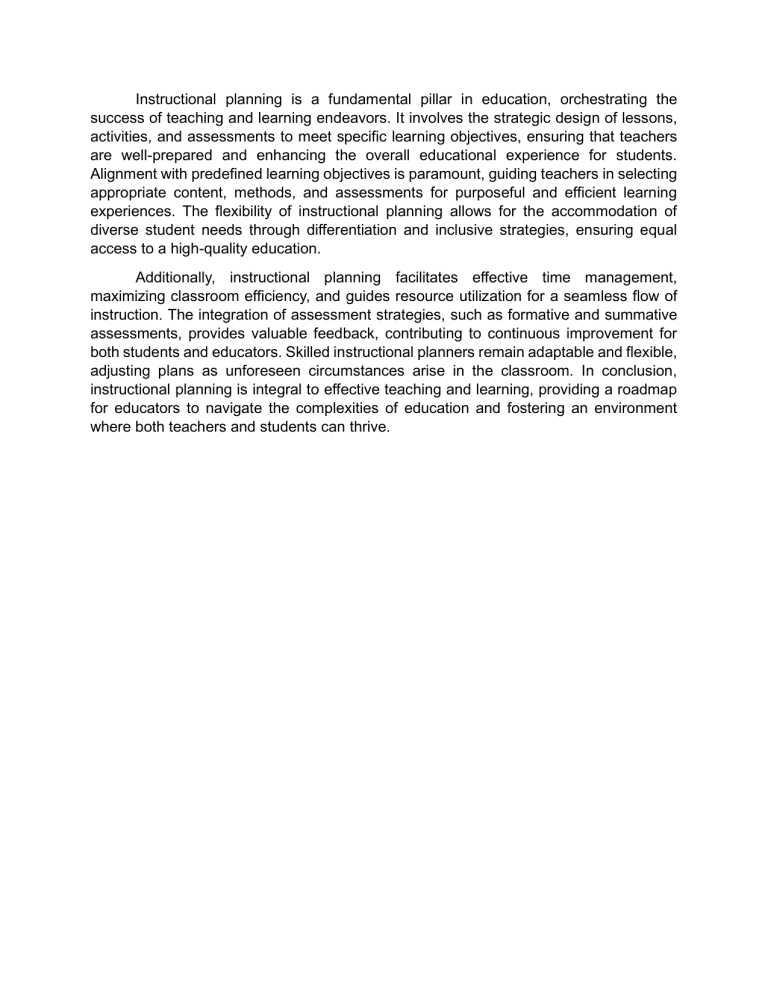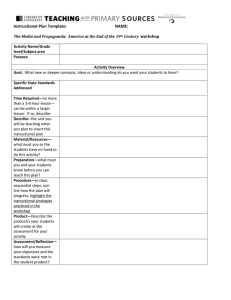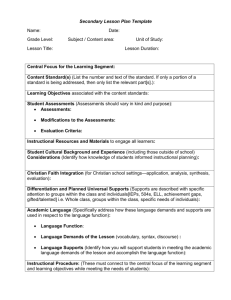
Instructional planning is a fundamental pillar in education, orchestrating the success of teaching and learning endeavors. It involves the strategic design of lessons, activities, and assessments to meet specific learning objectives, ensuring that teachers are well-prepared and enhancing the overall educational experience for students. Alignment with predefined learning objectives is paramount, guiding teachers in selecting appropriate content, methods, and assessments for purposeful and efficient learning experiences. The flexibility of instructional planning allows for the accommodation of diverse student needs through differentiation and inclusive strategies, ensuring equal access to a high-quality education. Additionally, instructional planning facilitates effective time management, maximizing classroom efficiency, and guides resource utilization for a seamless flow of instruction. The integration of assessment strategies, such as formative and summative assessments, provides valuable feedback, contributing to continuous improvement for both students and educators. Skilled instructional planners remain adaptable and flexible, adjusting plans as unforeseen circumstances arise in the classroom. In conclusion, instructional planning is integral to effective teaching and learning, providing a roadmap for educators to navigate the complexities of education and fostering an environment where both teachers and students can thrive.




